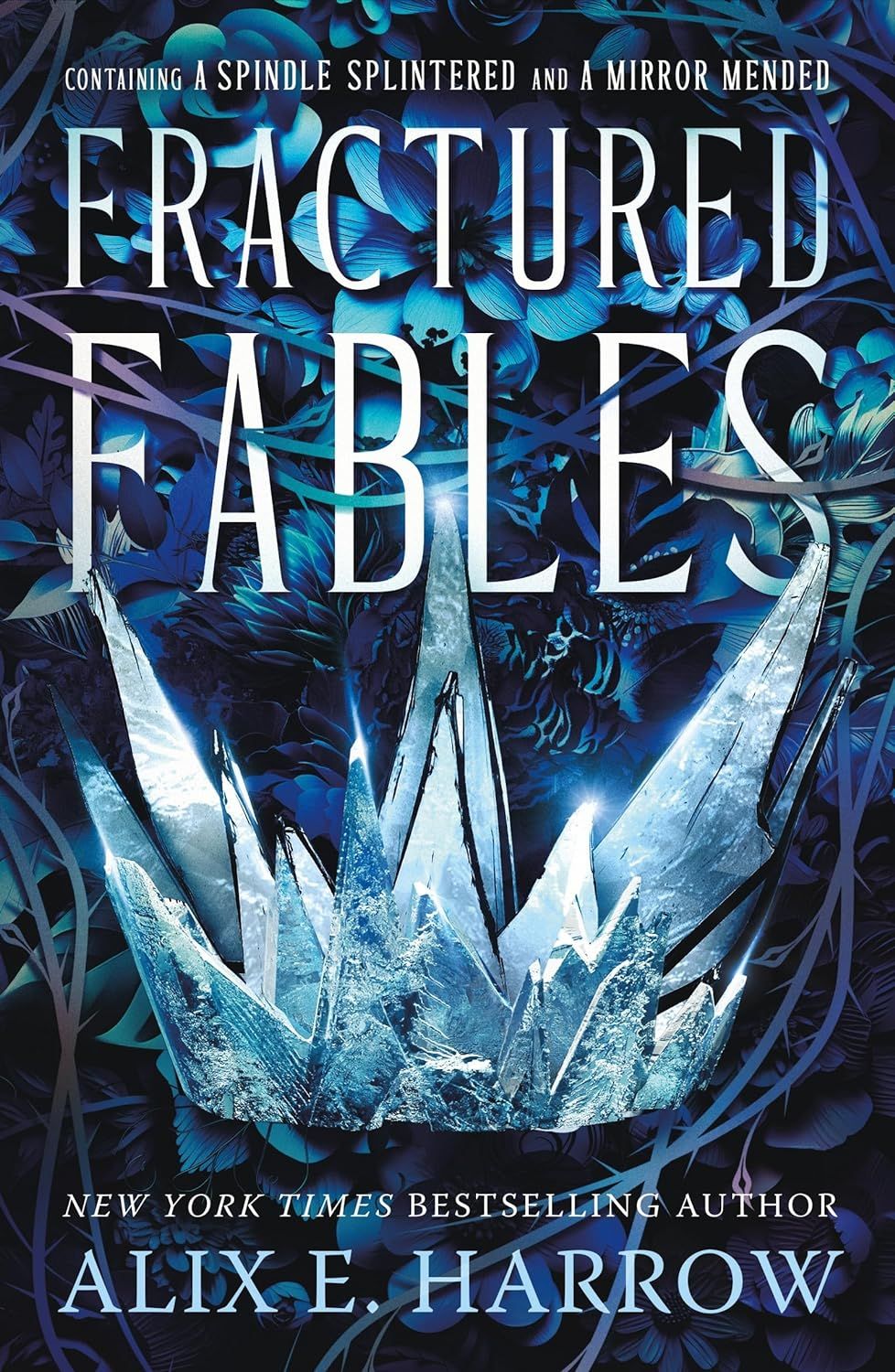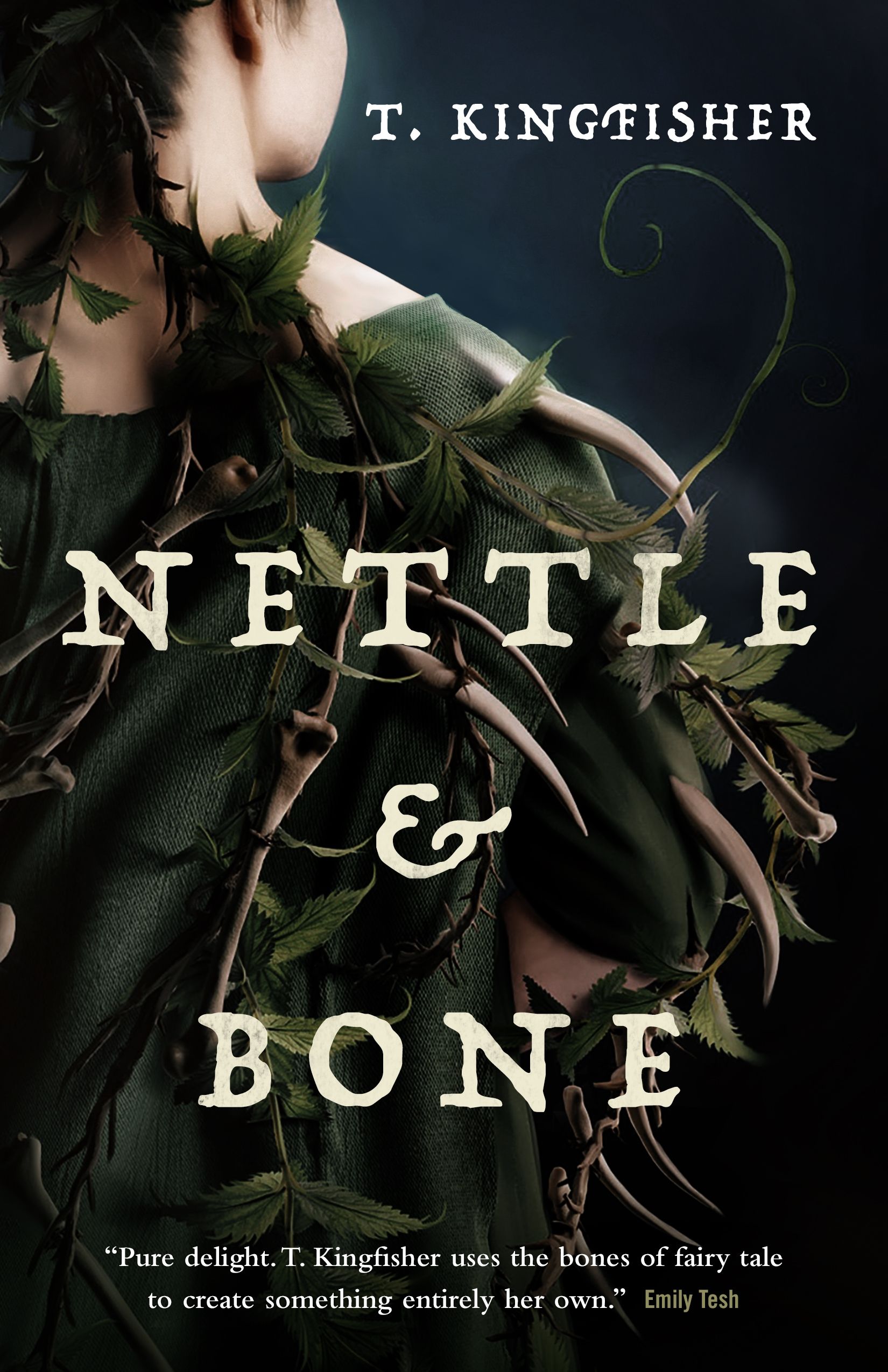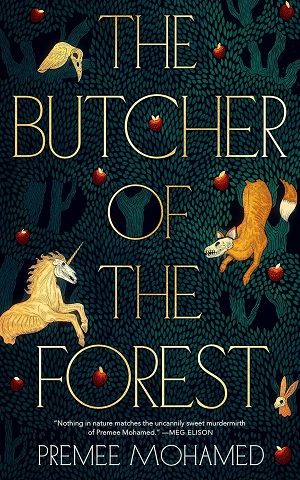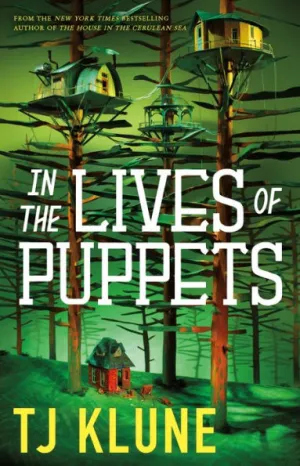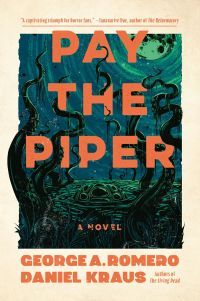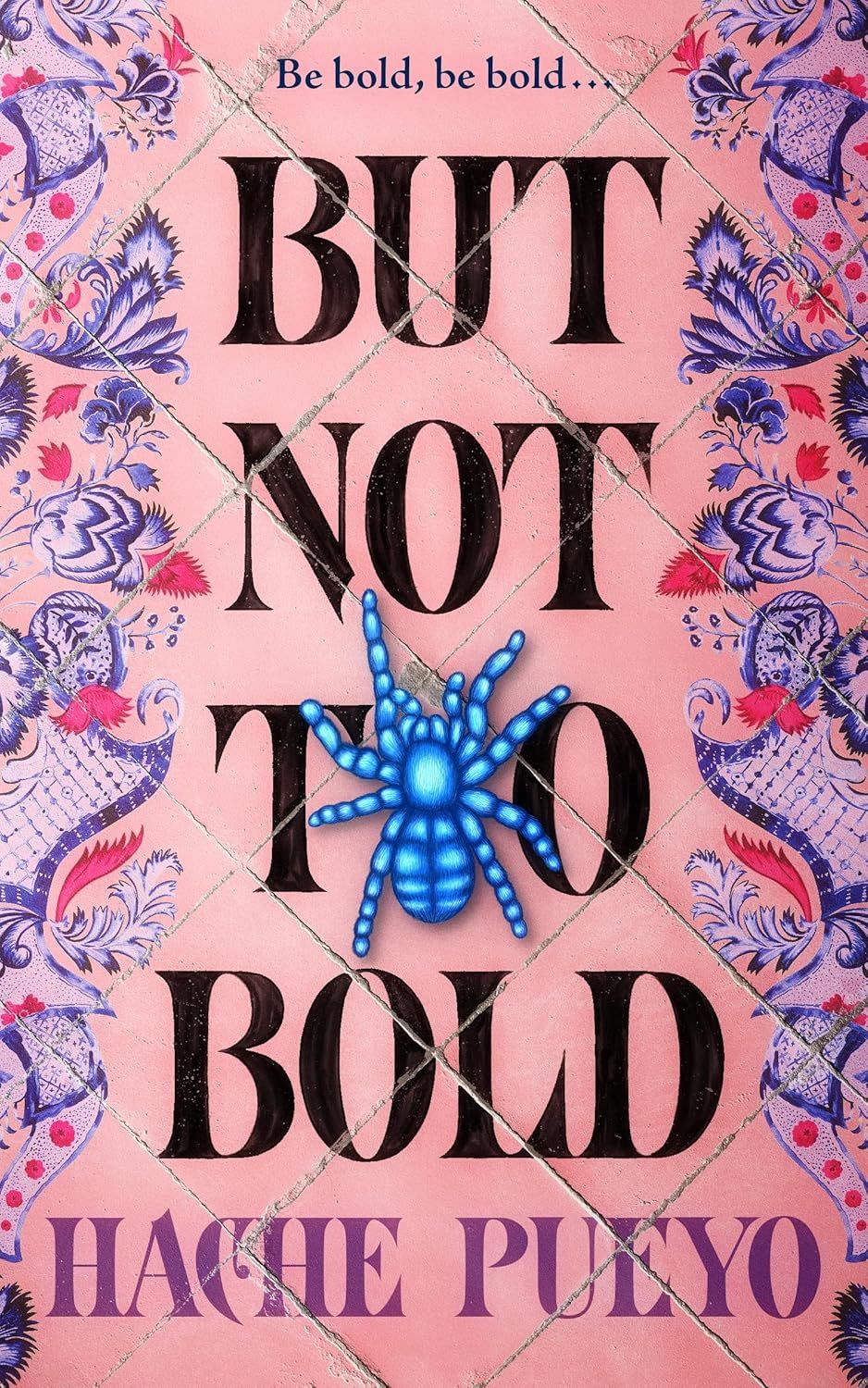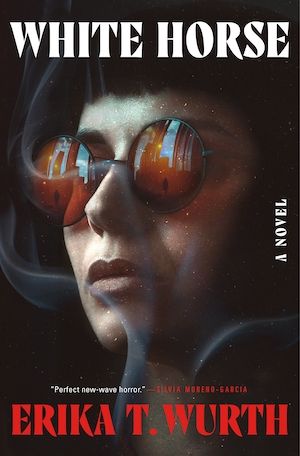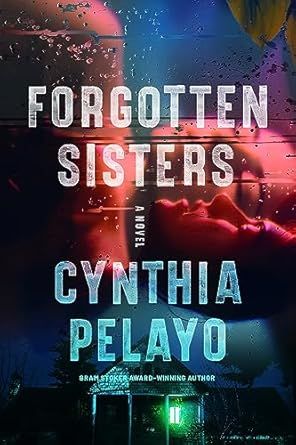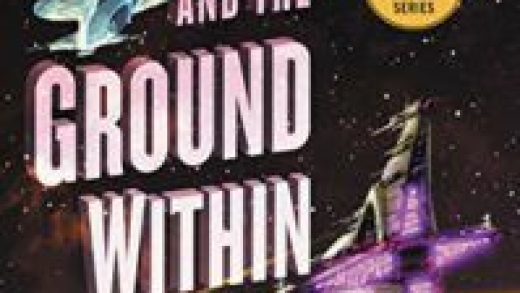|
Gabriel Axton, the infamous Prince of Gluttony, has always lived for indulgence: in delicious food, in tantalizing women, and in the thrill of adventure. But when one of his infamous hunts takes a deadly turn, he realizes something is very wrong in his demon court. Enter the truth-seeking journalist, Adriana Saint Lucent, who has been on her own hunt: to expose Gabriel Axton as a scoundrel. Turning up a terrifying new lead, Adrianna will have to unite with Axton to stop darkness from falling over their kingdom. But with each holding tight to their own secrets, can they find the truth before it’s too late? |
Fairy tales have been around for longer than we can know. Long before we ever began to write them down, they were passed on orally within families and communities.
And these weren’t the heavily sanitized, kid-friendly versions we often think of when we hear the phrase “fairy tale.” Forget those Disney Princesses and those modernized collections of stories adapted from the Brothers Grimm. As Morgan Jerkins wrote for us back in the day, the little mermaid didn’t lose her voice; her tongue was cut out. Cinderella’s evil stepsisters didn’t merely collapse in a corner, crying; their feet were mutilated and their eyes were pecked out. I could go on (and, thankfully, Jerkins does).
But this sanitization isn’t the only way fairy tales have evolved. For thousands of years, darker versions of these stories were passed around for an adult audience. These stories were told for entertainment purposes. They were told to provide commentary on the human condition. They were told to impart important lessons.
By necessity, we are constantly remaking these fairy tales, applying them to our modern times. Sure, the archetypes may remain the same. They’re recognizable, and universal as heck. But the narratives of those old stories don’t always age so well. And the monsters in our closets are different from the ones we faced in the past.
This is why I’m a fan of twisted or fractured fairy tales in particular. While they contain the same perfect mix of realism and fabulism, they also shake up the classic fairy tales in some way, creating a new story with a different meaning or message, oftentimes even critiquing the original narrative.
It seems that lately, everywhere I look, I see more fractured fairy tales, which bodes well for my TBR. Below, I list some of the twisted fairy tales that have come out in recent years.
Fractured Fables by Alix E. HarrowThis book is literally titled Fractured Fables, so I had to kick off my list with it. And sure, a fable isn’t necessarily a fairy tale, as it doesn’t always include those fantastical elements. But in the case of Harrow’s book—which contains the previously published A Spindle Splintered and A Mirror Mended—the stories are placed firmly within the fairy tale realm. Where’s the twist? Main protagonist, Zinnia Gray, travels through the fairy tale multiverse (trust me) to release well-worn characters from stories they didn’t choose. |
Nettle & Bone by T. KingfisherJust about every story Kingfisher writes is a twisted fairy tale (even her Hamster Princess series, written under her given name, Ursula Vernon), but for the purposes of this post, let’s go with the book that made me fall in love with dark fantasy. This book—with shades of “Bluebeard,” “The Six Swans,” and “Goblin Market”—is about a princess who goes on a quest to save her older sister from an abusive prince. She enlists the help of a gravewitch, a fairy godmother, and an ex-knight, your typical fairy tale side characters. Magical acts abound. But the biggest twist here is how this book shows that, with a bit of pluck, a woman can break the shackles that seek to keep her powerless in the face of powerful men. |
The Butcher of the Forest by Premee MohamedIn this dark, folkloric fantasy novella, Mohamed takes the fairy tale trope of two children lost in the woods (“Hansel and Gretel,” anyone?) and turns it on its head. In this world, where a merciless tyrant has the populace on its knees, a deadly forest casts its pall. It is said that the forest is filled with ancient monsters, persistent ghosts, and other dangers, and that no one who enters it emerges alive. Except for one person: our protagonist, who is called upon by the hated tyrant to reenter the woods when his kids go missing. Veris is given one day to find those children and bring them back safely. Over the course of the book, Mohamed interrogates who the true monsters actually are. |
In the Lives of Puppets by TJ KluneIn another heartwarming Klune tale about found family, a human being raised by a robot must embark upon a dangerous journey in order to save his android father, Gio. Over the course of this journey, he learns some difficult truths about his origins. A backwards “Pinnochio” tale, you’ll finish this book feeling all the “awwws.” Only TJ Klune could make me fall in love with a vacuum cleaner and a sadistic healthcare robot. |
Pay the Piper by Daniel Kraus and George RomeroI mentioned this book in a previous post on horror reads that riff on classic horror, but it fits here, too. After all, the evil entity at the heart of this story riffs on the fairy tale of “The Pied Piper of Hamelin.” In the original tale, a piper lures away children when the townsfolk neglect to pay him for his rat removal services. In this updated version, the piper is a supernatural entity seeking vengeance against the ancestors of the region’s slave traders. |
But Not Too Bold by Hache PueyoHere’s another one I’ve written about in the past. As a reminder, Pueyo’s dark gothic fantasy (out in February) is about an enormous humanoid spider with a taste for human brides (“Bluebeard” much?). When this story begins, the spider needs a new keeper—because she ate the last one. Dália is the next lucky lady in line, and we follow her as she grows into her new role, rooting for her as she looks into the death of her predecessor and tries to avoid being eaten herself. |
White Horse by Erika T. WurthIn this supernatural mystery, Kari James, an Urban Native, tries not to think about her childhood, which has been filled with an incredible amount of loss. But when Kari starts seeing disturbing visions of her mother, coupled with visions of a horrifying creature, she’s forced to confront the past. The aforementioned creature? The Lofa, a malevolent monster from Chickasaw folklore, said to kidnap women and eat their skin. In interviews, Wurth has said that she used the Lofa as a metaphor for abuse, and as a vehicle for bringing attention to the issue of missing and murdered Indigenous women. |
Forgotten Sisters by Cynthia PelayoFinally, in this book that has drawn comparisons to “The Little Mermaid,” two sisters live in their late grandmother’s bungalow, which sits along the Chicago River, a body of water that has played host to innumerable drownings. One sister is satisfied with their lonely life. The other longs to leave her family home and find her way in the wider world. (Clearly, it’s more than mere coincidence that in her treasured book of fairy tales, “The Little Mermaid” is her favorite story.) As the body count rises, two detectives come to their door, and the sisters are forced to face some hard truths. |
Want even more? Check out this list of 10 more dark and twisted fairy tale retellings, this list of 20 must-read dark fairy tales, and this list of picture books that provide a twist on the traditional fairy tale.
Source : 8 Twisted Fairy Tales
